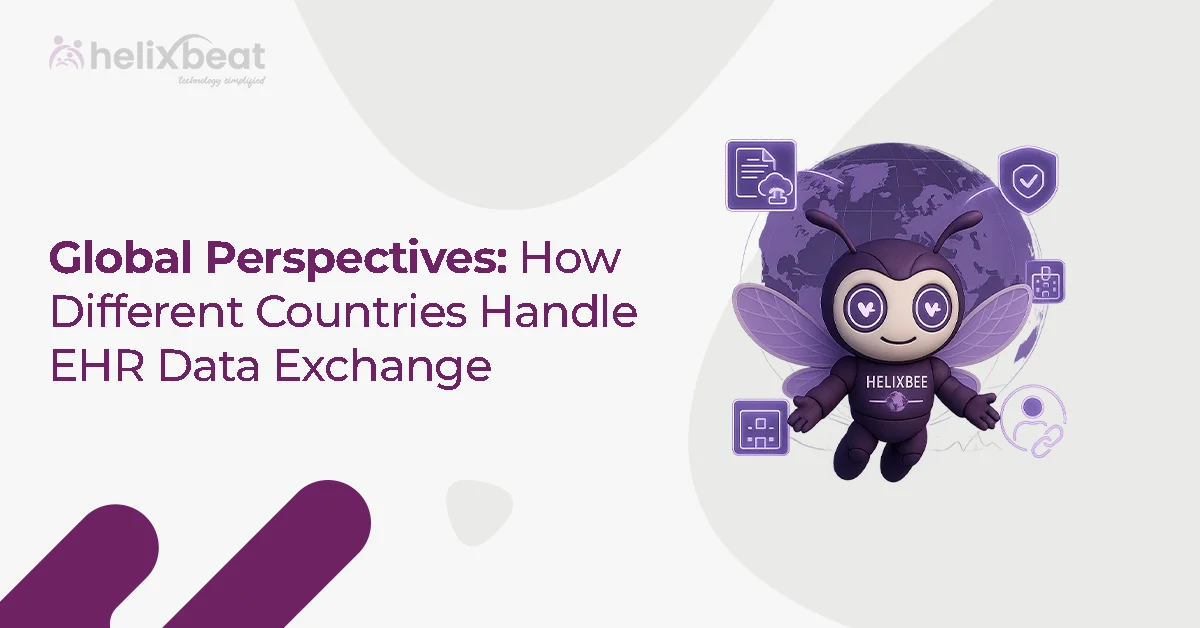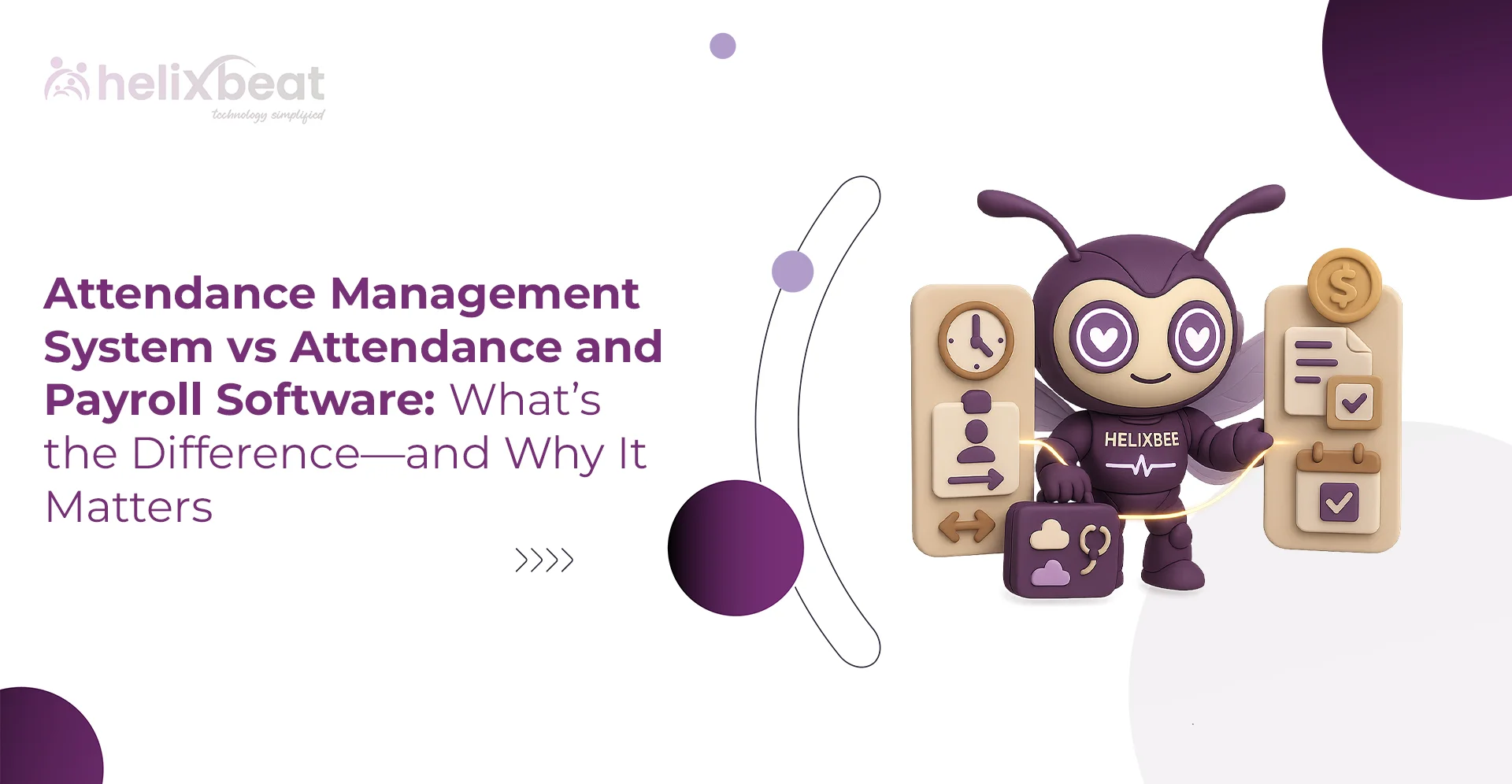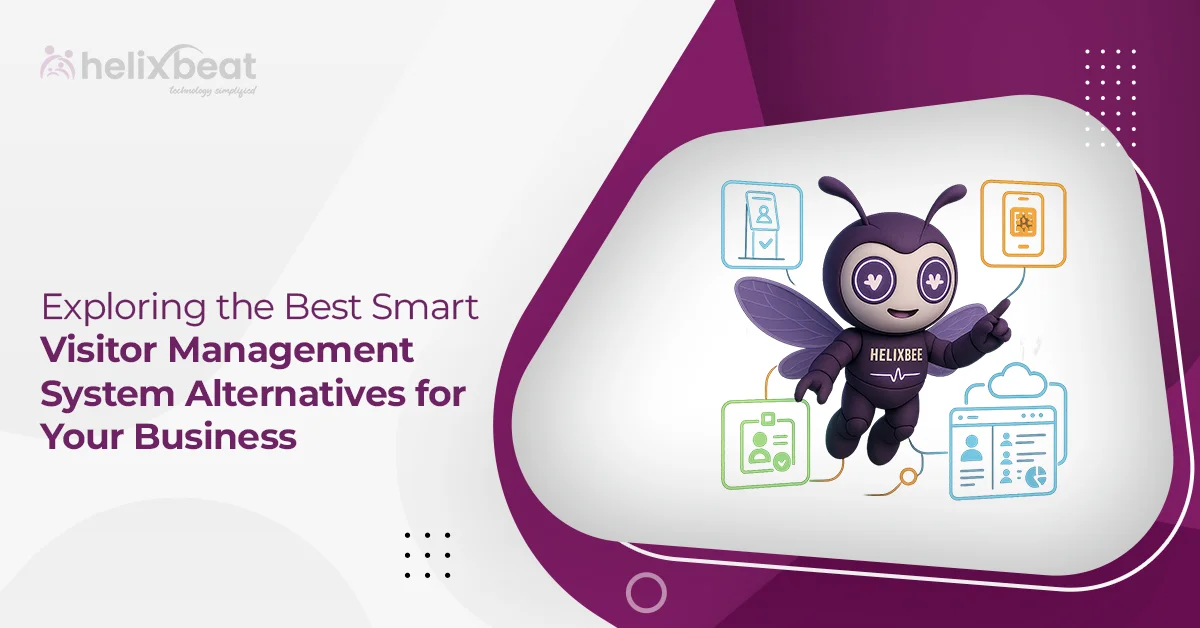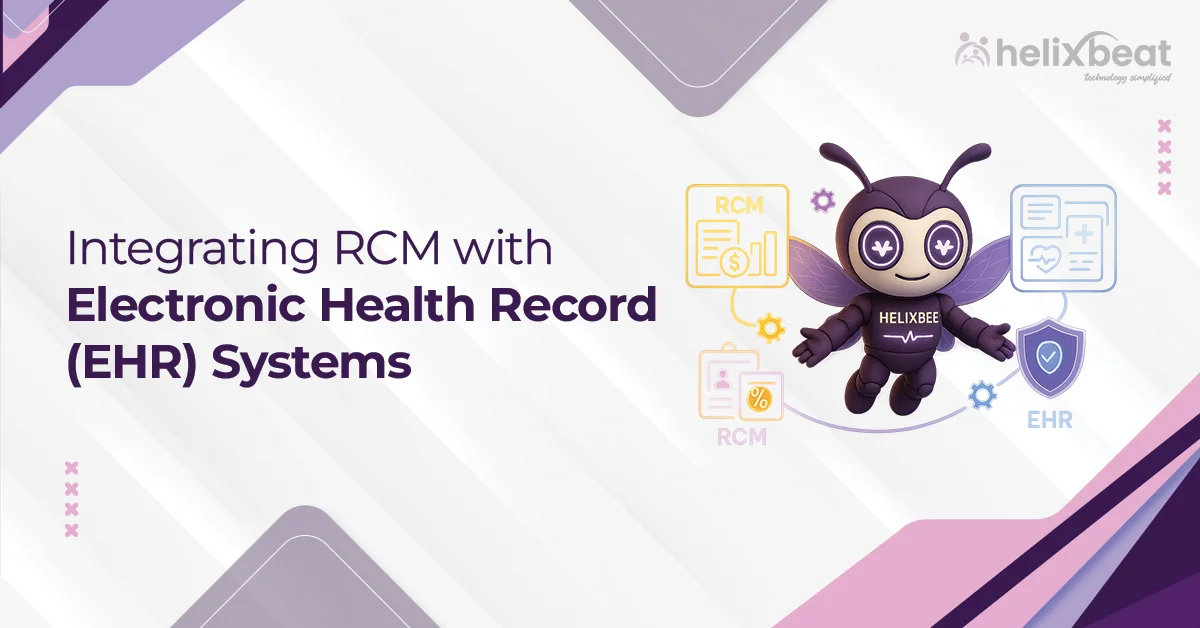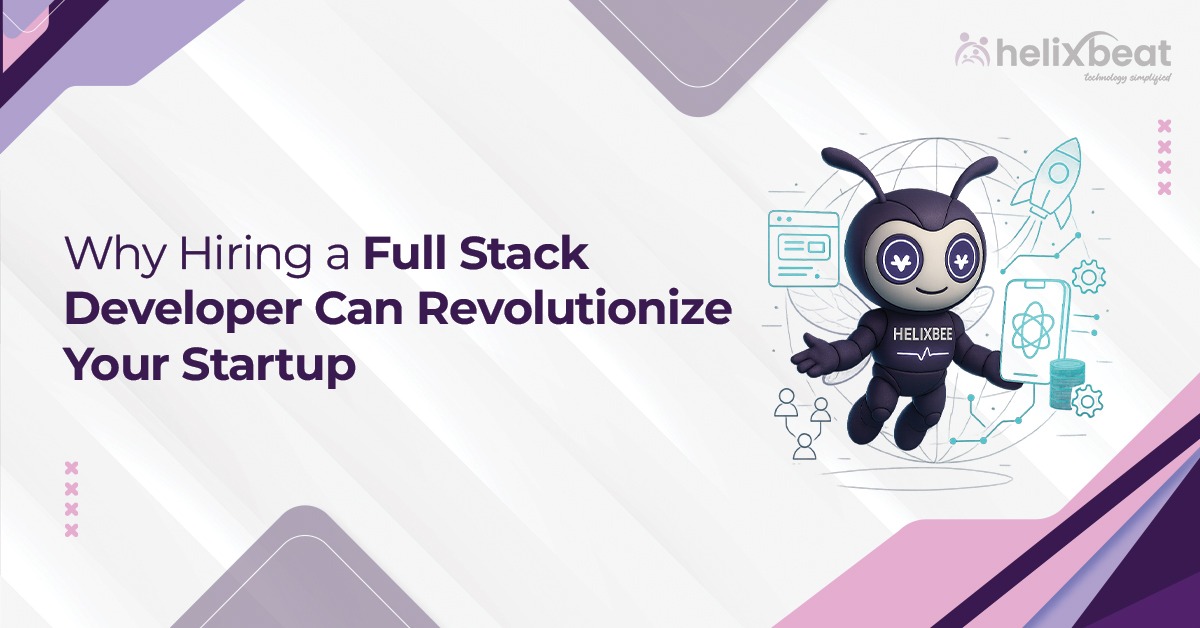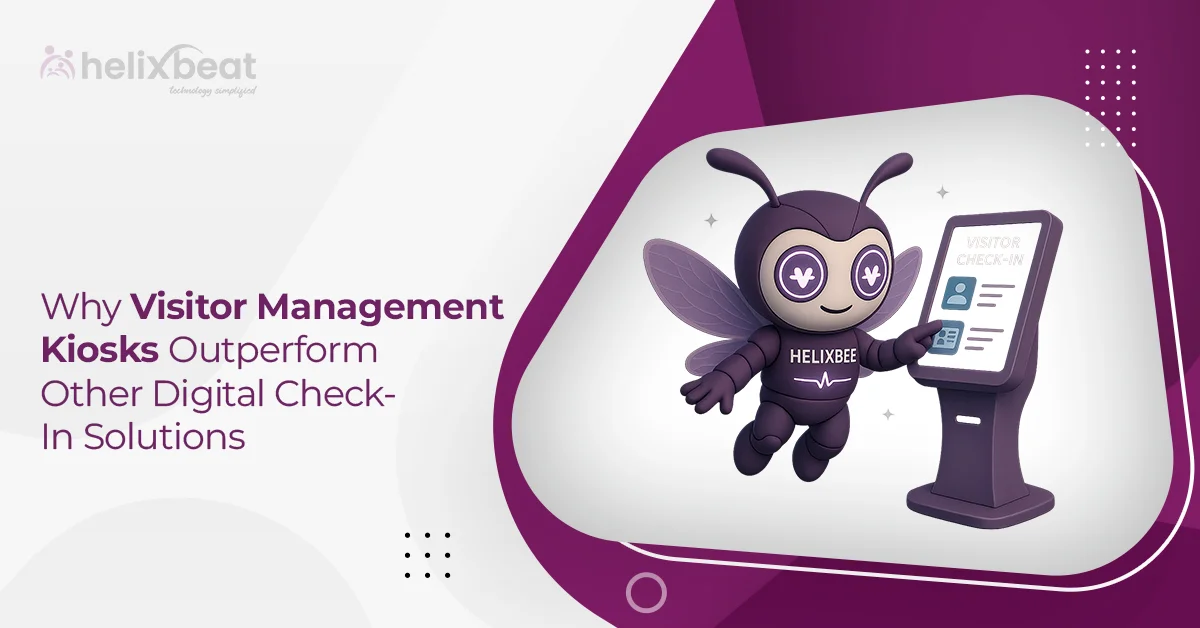What happens when critical patient data is spread across multiple disconnected systems? Large hospitals often struggle with interoperability issues, leading to delays, errors, and inefficiencies in patient care. With various departments using different software for patient records, billing, and clinical data, coordinating care becomes a major challenge.
GENIUS, a healthcare platform by Helixbeat, solves this problem by providing a unified system that integrates real-time data sharing, standardization, and automation. Designed for healthcare developers and hospital administrators, GENIUS creates an ecosystem where applications seamlessly connect with its core products—AERIS, FUSION, and PULSE. Whether hospitals need streamlined workflows, secure data sharing, or automated compliance management, GENIUS provides the infrastructure for a truly connected healthcare system.
Table of Contents
The Challenge of Multi-System Collaboration in Large Hospitals
Large hospitals rely on multiple software solutions for essential functions such as electronic health records (EHRs), billing, lab reports, and appointment scheduling. However, these systems often operate in silos, leading to inefficiencies that affect both patient care and hospital operations.
Key Challenges Hospitals Face
- Data Fragmentation: Patient data is scattered across multiple platforms, making it difficult to access a complete medical history.
- Delayed Decision-Making: The lack of real-time data synchronization can lead to treatment delays.
- Compliance Risks: Ensuring adherence to regulations such as HIPAA and CMS mandates becomes challenging when systems fail to communicate.
- High Operational Costs: Manual data entry and reconciliation increase administrative overhead and reduce efficiency.
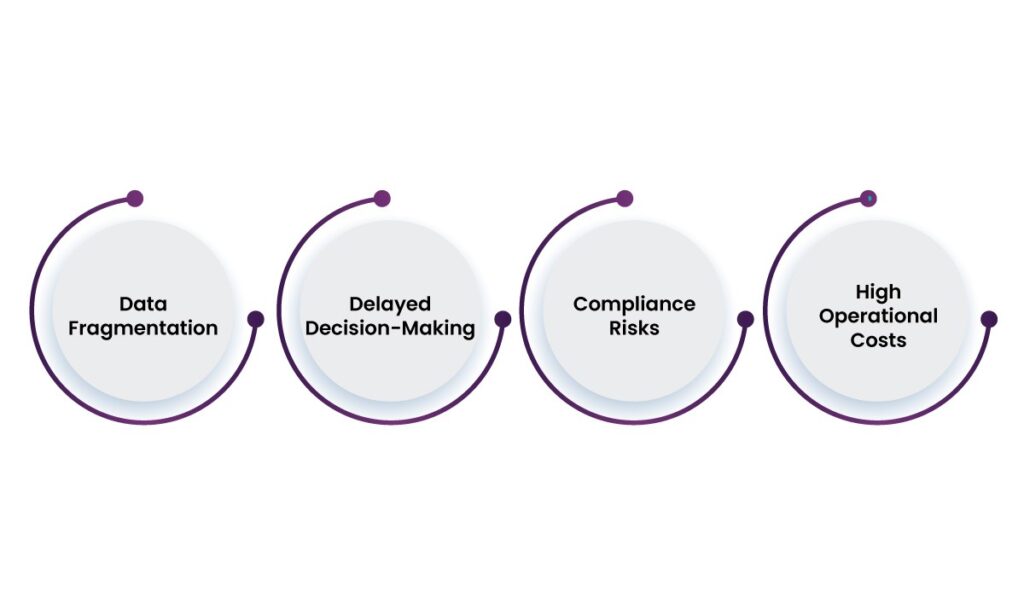
GENIUS addresses these challenges by enabling seamless interoperability between hospital systems, ensuring a smooth flow of information across departments.
How GENIUS Streamlines Multi-System Collaboration for Large Hospitals?
In large hospitals, seamless collaboration across multiple systems is essential for improving patient care, reducing inefficiencies, and ensuring compliance with regulatory standards. GENIUS simplifies this complex process by integrating three powerful solutions—AERIS, FUSION, and PULSE—into a unified hospital ecosystem. Each component plays a critical role in enhancing interoperability, optimizing workflows, and securing patient data. Let’s explore how these solutions work together to drive efficiency, accuracy, and security in healthcare operations.
1. AERIS: Real-Time Data Exchange for Faster Decision-Making
Hospitals generate massive volumes of data daily, from patient records and test results to financial transactions and inventory management. However, inefficient data exchange between departments often leads to delays, errors, and miscommunication. AERIS solves this problem by ensuring that all hospital data is seamlessly shared across systems in real-time, eliminating manual workflows and reducing operational bottlenecks.
How AERIS Enhances Interoperability?
- Automates Data Workflows – Reduces processing time by 50% by eliminating manual data entry and paper-based processes.
- Improves Reporting Accuracy – Enhances data reliability by reducing financial and operational reporting errors by 75%.
- Optimizes Supply Chain Management – Prevents 90% of errors caused by manual inventory tracking, ensuring timely availability of medical supplies.
- Seamless Financial Reconciliation – Automates transaction data sharing, reducing submission errors by 15% and improving billing accuracy.
By integrating AERIS, hospitals can create a connected ecosystem where physicians, administrators, and financial teams have instant access to accurate and up-to-date information, ultimately leading to faster decision-making and improved patient outcomes.
2. FUSION: Standardizing Healthcare Data for 100% Interoperability
One of the biggest challenges hospitals face is inconsistent data formats across different software systems. Electronic health records (EHRs), laboratory management systems, and billing platforms often store and process data differently, leading to duplication, inefficiencies, and compliance risks. FUSION eliminates these barriers by standardizing healthcare data using FHIR (Fast Healthcare Interoperability Resources) and HL7 (Health Level Seven) protocols.
How FUSION Improves Data Standardization?
- Connects Internal EHR Systems – Reduces duplicate data entry by 50%, ensuring seamless access to accurate patient records across departments.
- Streamlines Lab Result Integration – Cuts redundant test orders by 25%, saving up to $400 per patient annually by preventing unnecessary tests.
- Facilitates Smooth Referrals – Reduces specialist referral processing delays by 30%, ensuring that medical teams have complete patient histories for faster and more accurate diagnoses.
- Ensures Compliance – Helps hospitals avoid CMS penalties of up to $1.5 million annually by ensuring compliance with interoperability mandates and data-sharing regulations.
With FUSION, hospitals can break down data silos, allowing clinicians, labs, and external providers to collaborate seamlessly with standardized, error-free, and real-time data.
3. PULSE: Securing Trust with Tamper-Proof Patient Records
Data integrity is one of the most critical factors in healthcare decision-making. Inaccurate, tampered, or incomplete patient records can lead to misdiagnoses, delayed treatments, and even legal disputes. PULSE eliminates these risks by securing patient records with tamper-proof technology, ensuring data authenticity, compliance, and patient trust.
How PULSE Enhances Security and Compliance?
- Immutable Patient Records – Reduces compliance failures by 20%, helping hospitals avoid costly legal penalties and reputation damage.
- Faster Dispute Resolution – Saves hospitals between $200–$500 per claim by reducing claim processing delays and ensuring accurate medical billing.
- Patient-Centric Data Access – Increases patient retention by 15% through improved data transparency, accessibility, and secure patient portals.
By incorporating PULSE, hospitals can safeguard patient data while ensuring compliance with healthcare regulations, such as HIPAA (Health Insurance Portability and Accountability Act). This not only enhances trust between patients and healthcare providers but also protects institutions from data breaches and financial risks.
The Role of GENIUS in Healthcare Operations
GENIUS transforms hospital operations by enhancing efficiency, scalability, and interoperability. It provides an all-in-one solution that helps hospitals manage patient data, streamline workflows, and reduce operational costs while ensuring seamless integration with existing healthcare systems.
1. Enabling Developers to Build Customized Applications
Hospitals have unique requirements, and GENIUS provides APIs that allow developers to create tailored applications to meet these needs. Whether it’s an AI-powered analytics tool, a telemedicine platform, or a mobile app for patient engagement, GENIUS ensures seamless integration with electronic health records (EHRs), financial systems, and lab management platforms. By enabling custom-built solutions, hospitals can optimize operations while maintaining full control over their digital ecosystem.
2. A Scalable Solution for Expanding Healthcare Networks
As healthcare facilities grow, managing multiple hospitals, clinics, and patient care centers becomes challenging. GENIUS offers a scalable, modular solution that allows hospitals to expand seamlessly. With its patient acquisition, management, and engagement tools, hospitals can integrate new facilities without the need for complex system migrations. This ensures consistency in patient data, standardization in care protocols, and improved coordination across multiple locations.
3. Reducing Costs and Improving Efficiency
Hospitals often deal with inefficiencies caused by fragmented data and redundant processes. GENIUS eliminates these issues by centralizing patient records, automating administrative workflows, and reducing compliance risks. By integrating real-time data-sharing capabilities and automated billing processes, hospitals can save between $3,000–$5,000 per patient annually. This not only reduces administrative overhead but also enhances resource utilization, allowing healthcare professionals to focus on patient care rather than paperwork.
GENIUS is revolutionizing hospital management by bridging the gap between technology and patient care, ensuring smarter, faster, and cost-effective healthcare delivery.
Final Words
Seamless multi-system collaboration is crucial for large hospitals to deliver high-quality patient care efficiently. However, managing disconnected systems can lead to delays, errors, and compliance challenges. That’s where GENIUS steps in—bringing together real-time data exchange (AERIS), standardized interoperability (FUSION), and secure patient records (PULSE) to create a truly connected hospital ecosystem.
With GENIUS, hospitals can streamline workflows, enhance decision-making, and maintain compliance with industry regulations—all while reducing costs and eliminating operational inefficiencies. Whether you’re building new applications or implementing an all-in-one healthcare solution, GENIUS provides the technology to unify hospital systems effortlessly.
Ready to experience the future of hospital collaboration? Book a GENIUS demo today and see how it can transform the way your hospital operates!
FAQs
1. How does GENIUS help hospitals integrate multiple systems?
GENIUS provides a unified platform that connects different hospital systems, ensuring seamless data exchange, workflow automation, and compliance management.
2. What is the role of AERIS in hospital collaboration?
AERIS enables real-time data exchange, reducing processing delays and improving decision-making across departments.
3. How does FUSION improve interoperability?
FUSION standardizes data using HL7 and FHIR formats, eliminating errors and ensuring smooth integration between hospital departments and external providers.
4. Can hospitals use PULSE for secure patient records?
Yes, PULSE provides tamper-proof records that enhance data security, reduce compliance risks, and improve patient trust.
5. Is GENIUS only for large hospitals?
No, GENIUS is scalable and can be used by healthcare networks of all sizes, from small clinics to large hospital systems.
6. How does GENIUS help hospitals reduce costs?
By streamlining workflows and eliminating inefficiencies, GENIUS saves hospitals $3,000–$5,000 per patient annually.
7. Can developers build custom applications with GENIUS?
Yes, GENIUS provides APIs that allow developers to create tailored applications for specific hospital needs.






